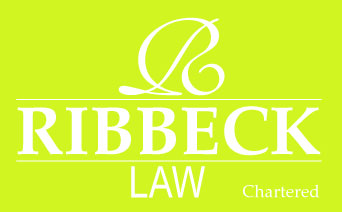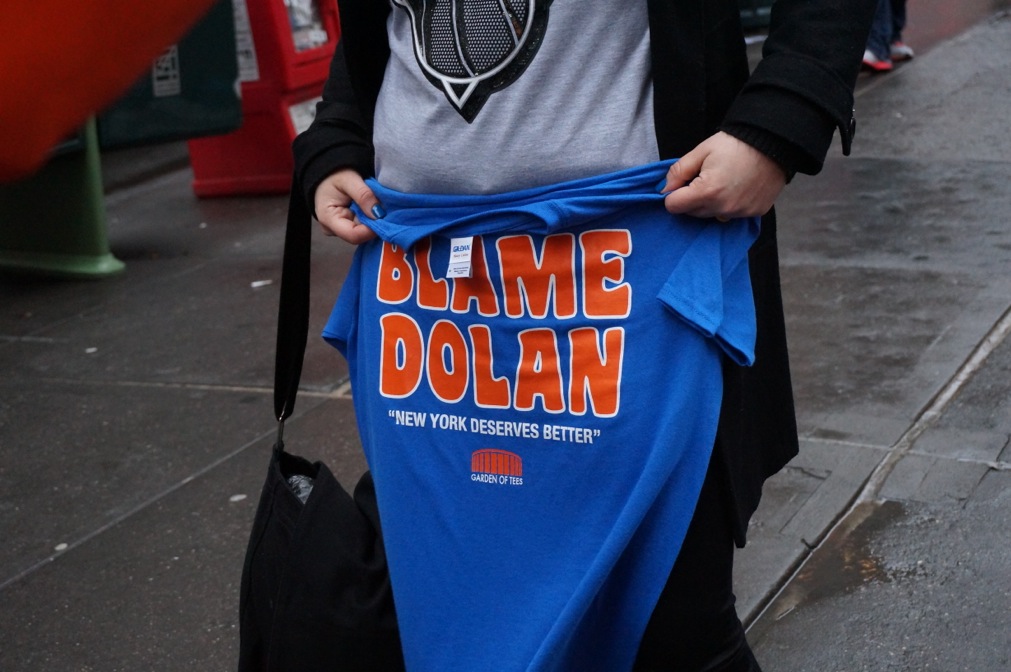Her name is Helene Blank and she last appeared on this page ripping into the City’s Corporation Counsel for his incredible hypocrisy in calling our courts inefficient.
She isn’t just a top trial lawyer here in New York, and a frequent lecturer to others. No, she is also something else. She’s pissed. Again.
And she’s got a damn good reason…so without further ado, Helene Blank as guest blogger…
——–
It’s a tale of corporate greed, in all its ugly manifestations, which starts with grave human suffering. And thanks to a federal court decision last week, we share it today in all that ugliness.
We turn the clock back to November 11, 2000, in the Town of Ulysses, New York, when Peggy Horton, a married mother of three and licensed registered practical nurse, was struck by Ralph Wade when he failed to yield at a stop sign.
No one disputes that Wade caused the collision (not an accident). What he did was unfortunate. But what his insurance companies did next to the two of them for almost a decade – and what they almost got away with and could get away with today — is inconceivable. Yet it continues to happen all the time.
Horton underwent six separate surgeries to correct the damage done to her back — starting with a fusion of two spinal levels and progressing to the insertion of hardware due to instability, incisional hernias, hardware removal and additional fusion.
She never returned to work as a nurse. She suffered from depression and post traumatic stress. Even the doctors hired by the insurance company agreed, finding that she suffered from what is known as failed back syndrome and that she would have nothing but a life of pain to look forward to.
Eleven months after the collision, Horton sued Wade.
Wade was insured by New York Central Mutual for $500,000.00. In addition, he had an umbrella policy with his homeowners insurance, Quincy Mutual, for another million. This is where the ugliness comes in.
Despite the fact that both insurers were immediately notified of this lawsuit, the primary insurer (New York Central Mutual) withheld the existence of the excess million for years. Horton, unaware of the extra million, had agreed to accept the 500K in settlement, perhaps recognizing that a personal judgment against Wade would be useless, under the well-known legal theory that you can’t get blood from a stone.
For her massive injuries and inability to work, New York Central offered the piddling sum of $75K.
The irony is that if it hadn’t been for its greed in refusing to offer the primary $500K when it had multiple opportunities, New York Central would have gotten away with hiding the existence of the excess policy. Instead, because of its greed, New York Central not only has to pay its primary policy of $500K, but also has to pay the excess million excess held by Qunicy (plus interest).
The long, sad and shocking story only came to light when the excess/umbrella carrier brought a law suit in bad faith, against New York Central Mutual in the Northern District of New York. The suit was based on New York Central’s apparent failure to cheat this plaintiff in a timely fashion and settle quickly before the excess was revealed, resulting in it being on the hook for the late-revealed excess million. See: Qunicy Mututal v.New York Central Mutual
Quincy Mutual showed that, at multiple times, the plaintiff had agreed to accept the $500K in final settlement of her action because at that time, despite being legally entitled to the knowledge of all available insurance — that knowledge was withheld from her lawyers. New York Central fouled up yet again, apparently, as after the excess million was finally revealed, she still gave them a short time to meet the 500K demand.
But this isn’t about the good faith of a plaintiff keeping the settlement door open. It’s about the greed of the insurance company. Perhaps the insurance carrier thought that, if the litigation was delayed long enough and Horton suffered more due to her inability to work, it could strike a better deal.
U.S. Magistrate Judge David Peebles found New York Central had acted in “gross disregard” of the excess carrier’s interest when it stuck to its $75K settlement offer and lost opportunities to settle with Horton.
The real outrage for all consumers is that you could not open up a settlement, which is induced by the insurance company, if you learned later that there was in fact more coverage.
Wade — the negligent driver that started it all — was put to the expense and worry for years that his personal assets might be in jeopardy because all the experts agreed that Horton’s losses well exceeded his available coverage. He was forced to hire private counsel to protect him because his insurance companies were not keeping their part of the contracts that he had bought and paid for.
Both the plaintiff and the defendant lost here. But the insurance companies did not. They kept their money for years longer than they ever should have been allowed to, dragging the parties through the court system for almost a decade before they resolved this matter.
New York Central Mutual continued to use the money without a care towards their statutory obligation to negotiate in good faith to protect their insured.
So it’s time that victims like Peggy Horton get the right from Albany to open up a settlement if you learn after you accept what you were mislead into believing was all the available insurance when in fact it wasn’t.
This unbridled corporate greed has to end. Insurance companies should not be allowed to cause additional harm to injured victims, to their insureds, and needlessly keep un-winnable litigation going for years and years without any recourse by the people they harm.
We all lose when this happens – our courts’ limited resources are clogged up with cases that should be resolved, victims who can’t work, who need the money to live are kept waiting forever and dragged through the system for no reason, and the people who paid their hard earned money to protect themselves with insurance are entitled to have the contract they paid for honored.




